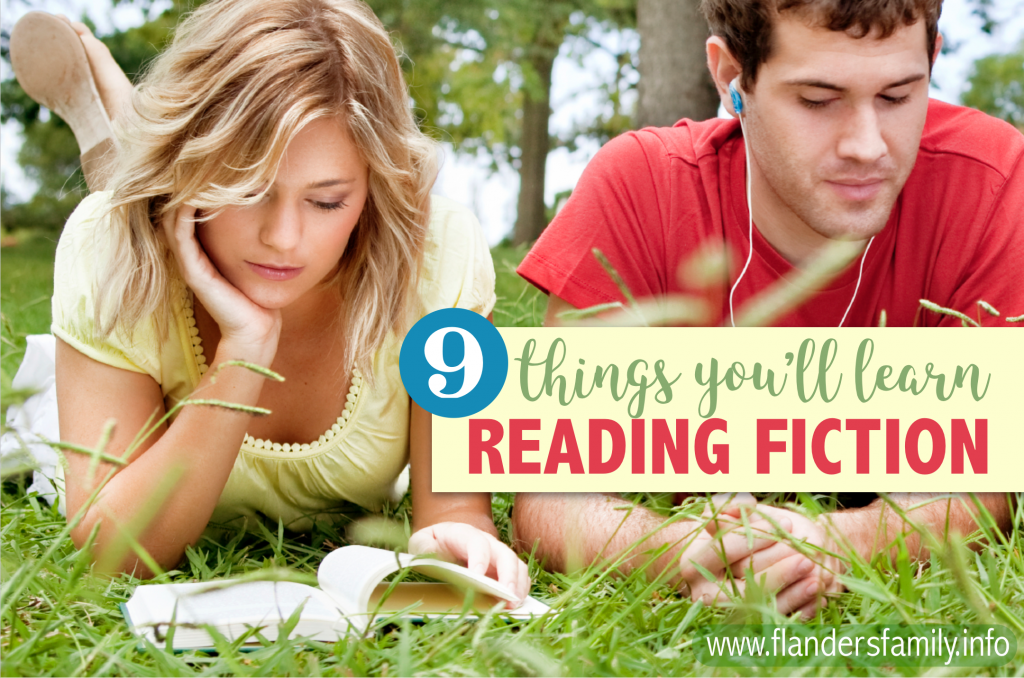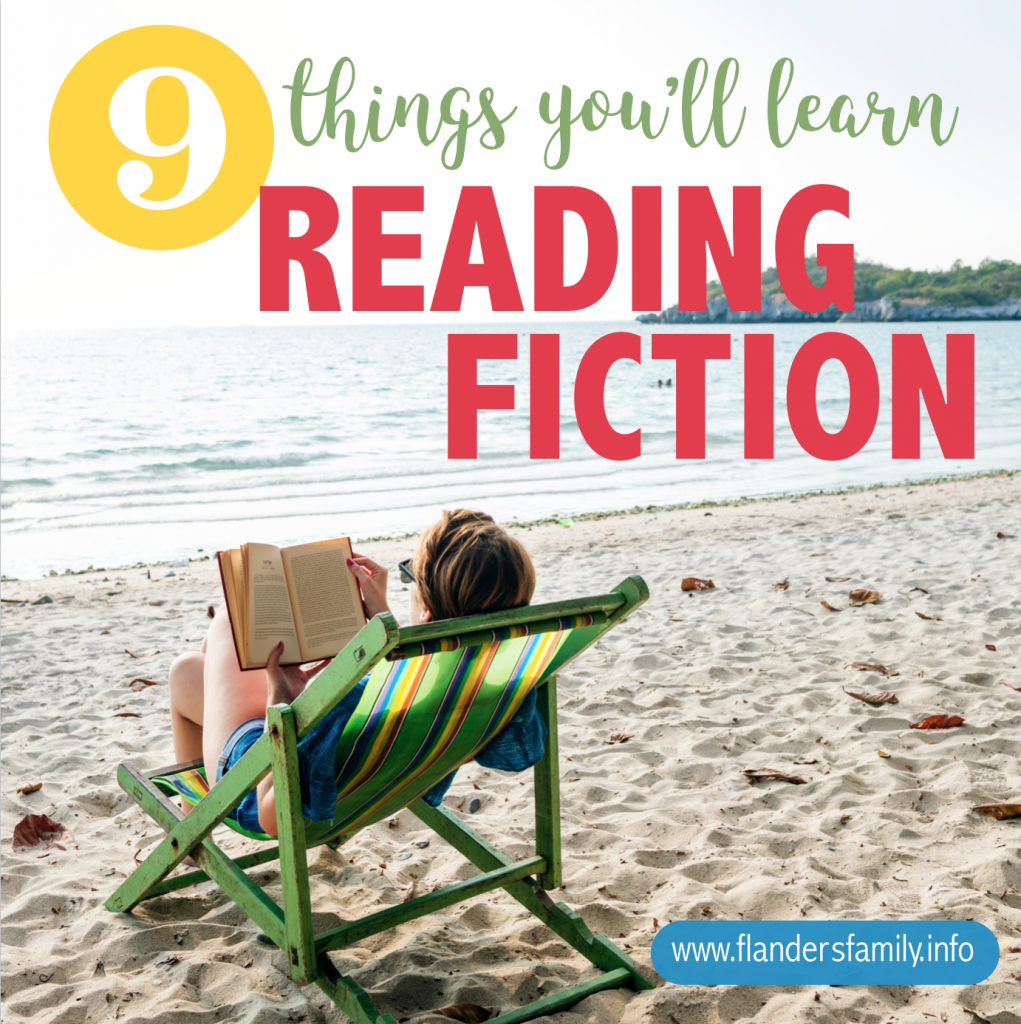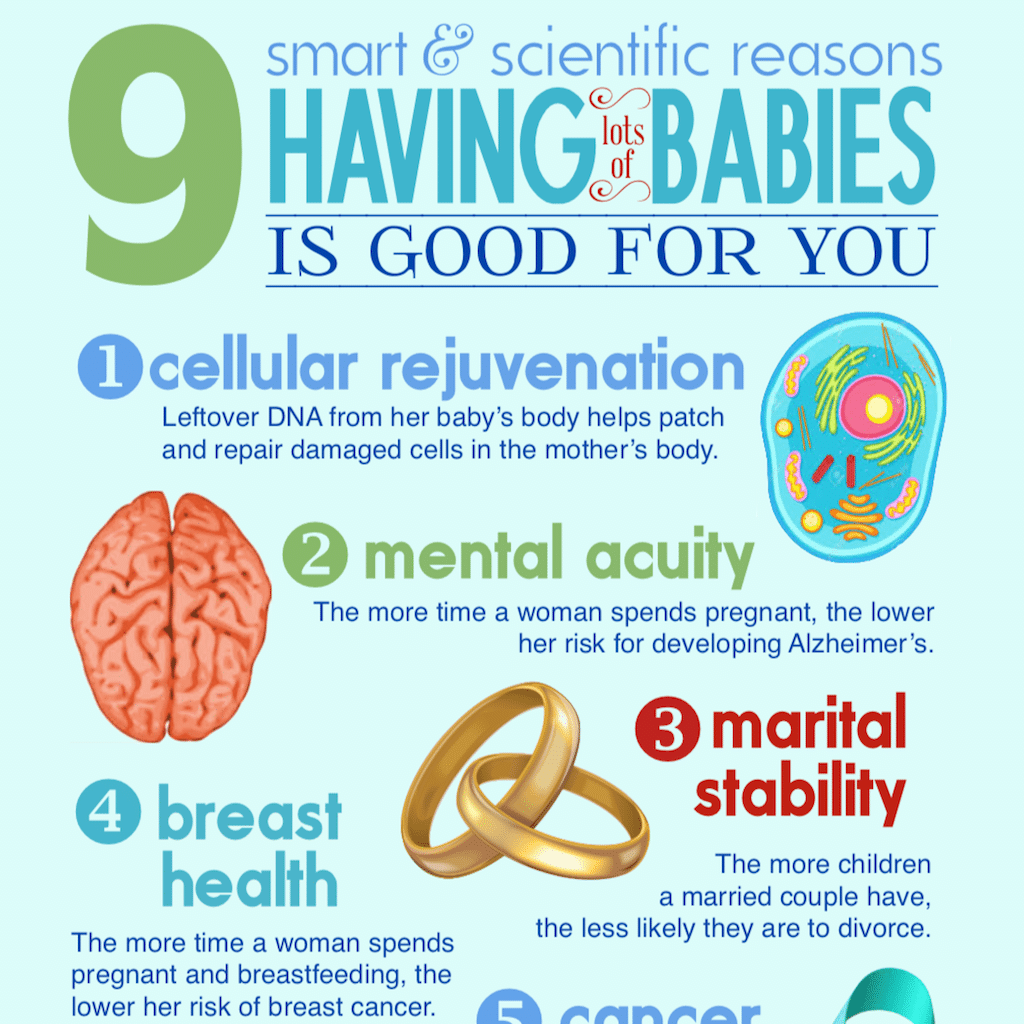9 Benefits of Reading Fiction

For as long as I can remember, I have preferred reading non-fiction to fiction.
When frequenting libraries and bookstores in bygone years, I’d push my way past anything with a plot and head straight for the how-to section. There, I was certain to find a book on some topic that piqued my interest. Art or apologetics, Bread baking or bricklaying. Cross-stitch or computer programing. Music or manners or mathematics.
Why would anybody want to read something pretend, I wondered, when they could read something practical, instead?
Non-fiction, to my youthful mind, meant education. Exercising your brain and learning something new.
Fiction meant entertainment. Vegging out and being amused.
Non-fiction was worthwhile. Fiction was a waste of time.
Or so I thought.
Not until I met and married my husband did I realize what a wealth of knowledge such a mindset made me miss. Wisdom scattered throughout the novels, short stories, and literary classics I’d hitherto avoided.
Some life lessons are communicated more effectively through simple storytelling than by any other means.
Perhaps that’s why Jesus taught in parables. His tales and the truths hidden therein have been remembered and pondered for generations. Christ understood that a well-told narrative has the power to influence others in a way simple admonition or instruction could never accomplish.
This potential — this ability to impact a reader’s life and change it for the better — is something all good fiction shares in common.
And so, thanks to my husband’s encouragement and his hearty endorsements, our entire family has chosen to incorporate a little fiction into our daily reading diet for many, many years now. And the benefits we reap from this practice are myriad.
9 Benefits of Reading Fiction
We Gain Positive Role Models.
Who can read about the unfailing loyalty of Samwise Gamgee, the steadfast integrity of Atticus Finch, or the selfless compassion of Peeta Mellark, and not be moved? Fiction allows noble character qualities to be showcased in a way that inspires readers to cultivate the same virtues.
We Are Exposed to Negative Examples.
Conversely, fiction can exaggerate loathsome qualities in a manner that makes us want to distance ourselves from even the slightest hint of such behavior. Think of the treacherous duplicity of Fernand Mondego. Or the all-consuming avarice of Ebenezer Scrooge. Or the savage brutality of Jack Merridew. Within the pages of literary classics like The Count of Monte Cristo, A Christmas Carol, and Lord of the Flies, we can learn from characters’ shortcomings and witness the far-reaching effects of their vices. And do it without compromising our personal safety or morals in the process.
We Learn Valuable Life Lessons.
Mothers the world over warn their children against running with scissors or other sharp objects. But reading what happens when Rubin Pritchard tries to hightail it to the river with an axe in hand will drive the lesson home like no amount of scolding could ever do. Good fiction provides a wonderful opportunity to learn from the mistakes of others. And to observe the law of sowing and reaping in action.
We Enjoy Shared Experiences.
In my mind, this is one of the richest benefits of reading fiction. As Katherine Mansfield has observed, “The pleasure of reading is doubled when one lives with another who shares the same books.” Our family has certainly found this to be true. Which is why my husband and I both continue to read aloud to our children long after they grow too big for our laps.
Sharing stories in the quiet of an evening with a fire in the hearth is a bonding experience unrivaled by television or movies. We usually spend 30-45 minutes listening to Dad read each evening. But when the book is particularly riveting or suspenseful, the kids will beg for “just one more chapter.” Then another. And another. Our read-aloud record is five solid hours. Doug kept at it from 7PM until midnight, with the children bringing him water between chapters so he wouldn’t lose his voice.
We Expand our Vocabulary.
Reading has always been an effective way to augment an impoverished vocabulary. And fiction reading — with its rich language and varied descriptions — is particularly well-suited for this. With the advent of electronic readers, smart phones, and online dictionaries, it is easier than ever to look up unknown words.
When reading aloud to children, it is a simple matter to pause long enough to clarify words or phrases which may be unfamiliar. Our receptive vocabulary (the words we understand when listening or reading) is normally much larger than our productive vocabulary (the words we use in speaking and writing). But with repeated exposure, we are able to grow both lists. Reading good fiction makes the process almost effortless.
We Brush Up on our History.
I got my first taste of historical fiction reading Bodie Thoene. I (vaguely) remember studying World War II in junior high and high school. But those classes couldn’t begin to cement in my mind the names and dates and events involved like Thoene’s Zion Covenant series did.
Similarly, GA Henty
has really helped history come alive for our kids. Well-written historical fiction provides a wonderful way to view past events from a fresh perspective.
We Improve Reading Comprehension.
The skill required to follow the plot of a novel from beginning to end is exactly the skill needed to perform well on the verbal portion of the SAT, ACT, GRE, etc. With rare exception, the more fiction a person reads, the better he’ll do on standardized tests. Practice, as they say, makes perfect.
One of our children shared my penchant for reading non-fiction, but when at age 15, he missed passing an English Composition CLEP test by two points, his father suggested he read two chapters a day of fiction (any fiction) for six months, then retake the exam. He did, and without any other study or preparation, he passed it easily, increasing his score by a whopping 25%. His dad knew that what he needed was to get so drawn into a story that he couldn’t put it down. Something not likely to happen with the technical books he’d been reading.
We Expand our Horizons.
Stories from or about other parts of the world broaden our outlook on life. The multi-cultural literature offered by Sonlight Curriculumhas been great for helping our family see beyond our own backyard. We highly recommend the titles they carry, many of which I’m convinced we would never have found on our own.
We are Spurred to Action.
I remember first reading Charlotte’s Web in second grade, then swearing off bacon for years afterward. Fiction has the power to not only influence public thought and opinion, but to challenge and change our practices, as well. Consider, for instance, the public’s response to Uncle Tom’s Cabin
. Legend has it that when Abraham Lincoln first met Harriet Beecher Stowe, he greeted her by saying, “So you’re the little woman who started this big war!”
As you can see, time spent reading good, engaging fiction is far from wasted. Have you experienced any of these benefits from your own reading? Or discovered other blessings not mentioned? Leave a comment below and let me know. And if you know of a novel that is particularly worthwhile, I’d love to hear about that, as well!









I love how you said that reading fiction books about different parts of the world actually opens up our outlook on life. Kids and adults should read fiction and historical fiction books to expand their imagination and view on life. Thank you for explaining why reading fiction so beneficial to people and how it can help them.
I used to read fiction a lot when I was younger and I am thinking about looking for a new fantasy series to read, so I am glad that I found this article! I had no idea that there are so many benefits of reading fiction novels like the fact that it teaches life lessons and shows positive role models. Because of this, I think it might be a great idea to read fiction books aloud to my children. Also, the fact that I can learn new vocabulary and reading comprehension is great because I want to be a life-long learner and this will help me to keep learning new things.
This was well written and i completely agree with your points. Ive been an avid fiction reader for years and i truly believe that its helped me grow
So true! I devoured fiction growing up, but now that I’m older I eat up the non-fiction, and I love the benefits of both!
Pillars of the Earth by Ken Follett. It is a long book (and I was a little daunted), but a wonderful read and many late nights because I had to finish “one more chapter”…..
Very cool insights! Love your blog 🙂
I love fiction & always have! You can lose yourself in all kinds of places & characters! I read a book a day at all possible & most are fiction! Thank you for your article.
Thank you for the referral. If you’re interested, I’ve written much on this basic topic, though largely focusing on fantasy lit.
http://ilverai.wordpress.com/2007/07/16/the-problem-with-fantasy/
http://ilverai.wordpress.com/2007/07/29/the-lure-of-fantasy/
http://ilverai.wordpress.com/2007/08/05/the-triumph-of-applicability/
Those are all excellent articles. Thanks for sharing. Fantasy fiction would likely have been the last genre I would’ve chosen to read as an adult, but my husband insisted on sharing his favorites by reading aloud — not only Tolkien and Lewis, but others, as well, including Lloyd Alexander whose magical fantasies (The Iron Ring , The Chronicles of Prydain
, The Chronicles of Prydain , and The First Two Lives of Lukas-Kasha
, and The First Two Lives of Lukas-Kasha , to name a few) have since become some of my own personal favorites. I am eternally grateful to my husband for introducing me and our children to these masterfully crafted tales, despite my initial disinterested protests.
, to name a few) have since become some of my own personal favorites. I am eternally grateful to my husband for introducing me and our children to these masterfully crafted tales, despite my initial disinterested protests.
Wonderfully written article, Jennifer. I too am a non-fiction reader! Thanks for outlining the benefits of good fiction so well. I may just have to take your advice and start a book!